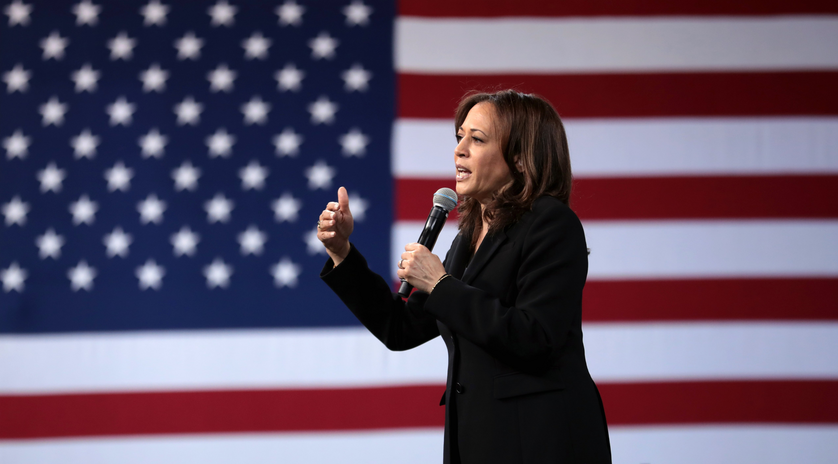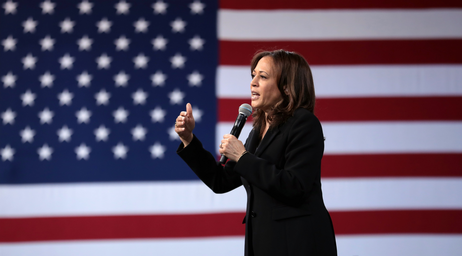In the current session of the US Congress, there are currently 142 elected women out of 535 members, which comes to an underwhelming 26.5% of representatives. Since Jeannette Rankin was elected as the first congresswoman in 1916, only 346 different women have ever held a seat in Congress. Again, an astronomically low number. Which begs the question…why? In as brief a manner as possible, this article hopes to dive into a few of the possible reasons and offer a resolution.
Example 1: The Patriarchy
Let’s face it, throughout history women have been subjugated to the unfair and sexist realities of the patriarchy. Regardless of religious, cultural, or regional beliefs, with few exceptions, women have been seen as less than men. A country that is dominated by men at the highest levels of political office, is going to enact policies that benefit men, not women. I should note that the Equal Rights Amendment, that simply seeks to establish legal protections against discrimination based on sex, has not been ratified. So long as a majority of men represent the country, the patriarchy will continue.
Even further, the United States has not had a female head of state. Not being able to see women in these positions of power has a psychological impact on the population. It has been found that being able to see women in these positions spurs on higher degrees of political involvement from women. Yet, because of the sheer lack of representation, these changes are slow. With the election of Vice President Kamala Harris, and a record number of women serving in Congress, change is coming, but the patriarchy still persists.
Example 2: Foundation of Democracy
Athens, the birthplace of Democracy, saw women not have any involvement in public life and had them not classified as citizens. Women would tend to the home, birth male children, and well, that’s about it. It wasn’t until thousands of years later, primarily in the early 20th century, where women were allowed to vote and be active political members of society. This ties directly into the lack of representation. If, for hundreds upon hundreds of years women were exclusively kept out of the formation and evolution of Democracy, perceptions that women should not be involved are created and persist.
Example 3: Modern Political Influences
The following names are some of the most influential minds that led to the formation of Western Democracy that exists in the modern era and their views on women:
Jean-Jacques Rousseau: “After having tried to form the natural man, let us also see, in order not to leave our work incomplete, how the woman is to be formed who suits this man.”
John Locke: [Women are a] “natural subordinate [that] cannot at the same time be free and equal.”
Montesquieu: [Women] make every effort to deceive themselves, and to escape from the most distressing thought we can have.”
It certainly is not difficult to see why women may not be actively engaged in modern politics when those that led to its creation believe that they are only good to suit men as their subordinates.
What We Can Do:
Support women in politics!!! It may seem simple but, sometimes words of affirmation and support can make all the difference. In a world and a country where men are politically dominant over women, the thought of challenging a rigid institution is no easy feat. In recent years we have had numerous women show that politics is not just for men. Hillary Clinton literally won more votes than Donald Trump, but due to a draconic system of electing, she lost. The next election, we saw five women run for the ticket with great success, with Vice President Kamala Harris being elected to the office. Change is coming, but action is needed.



